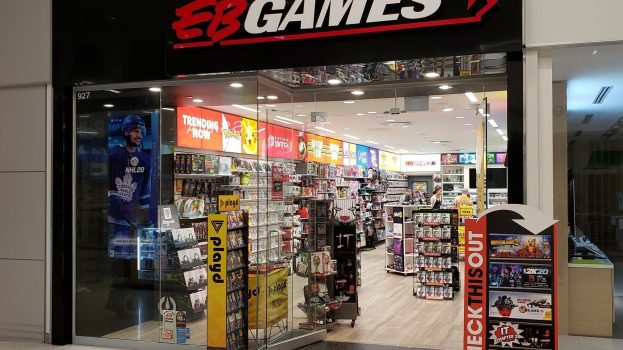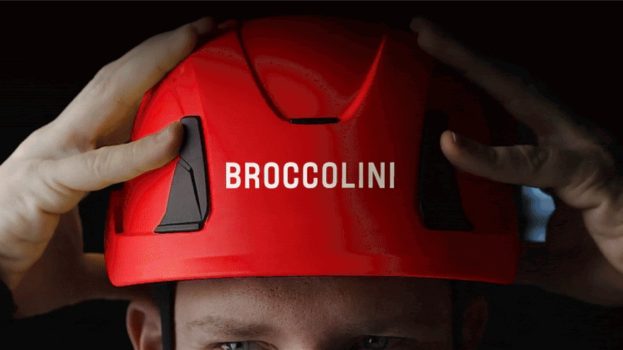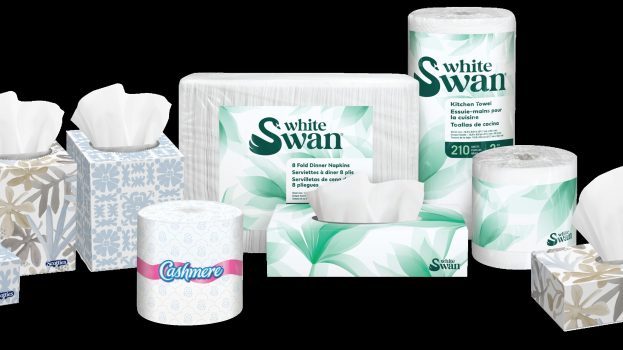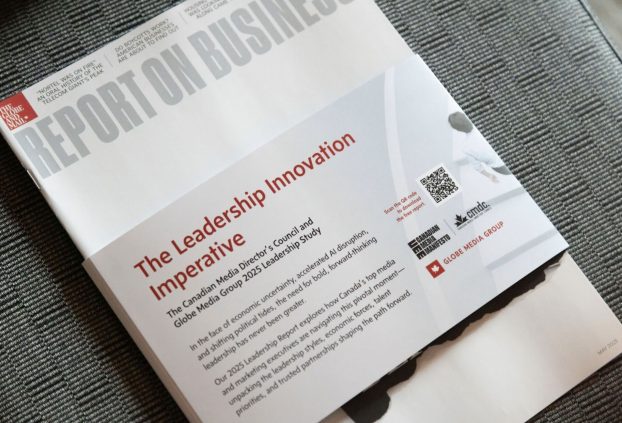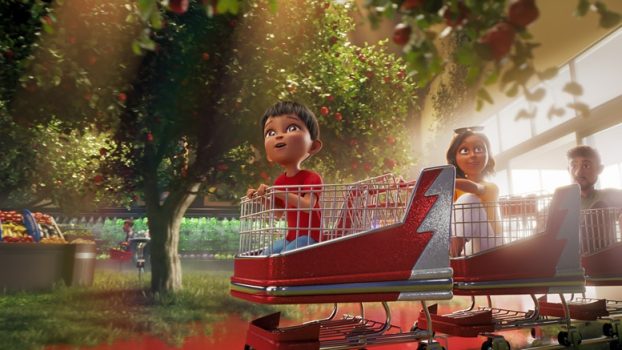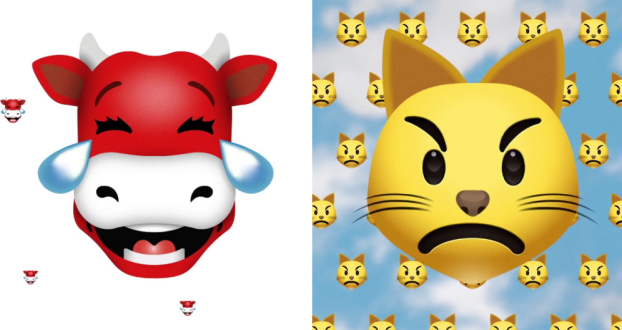In the summer of 2000, Canada’s largest winery/alcoholic beverage producer – the fourth largest in North America – called on Toronto-based strategic branding and design firm Strategies International (SI) to help them come up with a ‘cooler-type beverage’ that could compete with drinks like Rev and Mike’s Hard Lemonade.
Already successful with their vodka lemonade beverage Vex and the long-standing Grower’s Cider, Mississauga-based Atlas Wine Merchants wanted to create something entirely new that would attract the trendsetting ‘Queen Street crowd.’
The result is the orange-colored, vodka-based Tabu, which hit the shelves in the second week of May this year. The flavour is somewhat mysterious (this writer thinks it tastes like shampoo), but is derived from the prickly pear cactus. The packaging makes it even more mysterious: the aluminum bottle with a black, swirling logo stands in sharp contrast to the clear glass or plastic we’ve come to expect in this category.
Nonetheless, the product has been a success, selling 35,000 cases (with 24 bottles per case) in its first five months on the shelves. In fact, the success is largely attributed to Tabu’s uniqueness. Atlas expects sales to reach 70,000 by the end of the year, nearly double the original expectations.
Vex was the result of a previous partnership with Strategies International. For Vex, SI helped develop the vodka lemonade drink, as well as the product’s name and brand identity, and assisted with the product’s promotional launch. With Tabu, the brief was considerably more open.
The goal
‘The uniqueness of the brand was the ultimate goal,’ says Chris Pfeifer, Tabu’s brand manager at Atlas. ‘What we wanted was a brand that stands out – one that grabs the consumer’s attention when they walk by the coolers. We wanted people to be interested by the packaging, to pick it up and give it [a] chance [based] just on what the bottle looked like. You get a real sense of the character of Tabu from the packaging and that’s exactly what we wanted.’
To differentiate themselves from the competition, Tabu was to be sold in single servings – no six-packs or four-packs – for the premium price of $3.95 per 500ml bottle.
According to SI sales and marketing manager Kelly Frances: ‘We were basically given a blank slate, with no name and no flavour. Atlas wanted to produce ‘the next big thing’ that appeals to the hip, urban 25-35 demographic. It was a very challenging project.’
The strategy
SI’s first step was to devise five different product personality profiles with their own design, names and flavour profiles. Tabu was eventually gleaned from the ‘primal instinct’ profile.
In Vancouver and Toronto, five different designs with five different names (all born out of the primal instinct profile) were tested.
The cross-country testing was key to the resulting product. Paul O’Brian, Strategies International’s creative director, noticed that the more niche ideas weren’t well received by the Vancouver focus groups, because ‘Vancouver is a modern city, but people there are also really outdoorsy and lead a more healthy lifestyle whereas Toronto is so urban it’s almost too niche at times. They’re two different worlds.’ Tabu worked well in both cities because it straddled the line between trendiness and too niche.
‘The profile was seen to be unconventional, away from the mainstream and edgy, but not unapproachable,’ Frances says. ‘We wanted to appeal to hip people who had tattoos and piercings, or young people who aspired to that lifestyle.’
The execution
One of the elements that resonated with the demographic was mystery, now reflected in the opaque aluminum bottle design. O’Brian says, ‘It wouldn’t be Tabu if it was known to have an orange liquid inside. Even when you taste it, you don’t know what flavour it really is. That curiousness is the brand’s strongest asset.’
Upon Tabu’s release, ads introducing the product ran in urban weeklies like Toronto’s Now and The Georgia Strait in B.C., plus Cineplex Odeon and Famous Players ran still slide ads (on 256 and 401 screens respectively) across Canada.
There were two ad types, designed by Toronto-based Gee Jeffery and Partners. One is a typical product shot with the words ‘forbidden fruit,’ (tagline courtesy of SI) and ‘vodka beverage’ between a Tabu bottle. The second ad shows two scantily clad cherubs holding back an insatiably curious (and buff) male angel, with the tagline ‘it is forbidden.’
The results
In July, ACNielsen, New York reported that the ready-to-drink category is the fastest-growing category of all food and beverage products on the planet, and competition is stiff. So are urbanites willing to shell out $4 a pop on a new drink?
‘From a retail perspective, Tabu is doing really well – we’ve doubled our expectations,’ Pfeifer says. ‘It’s really impressive. Retailers are telling us over and over again that people are saying that they bought it simply because of the packaging – which tells me that we’ve done our job. I’m interested to see how Tabu sells over the winter because it doesn’t have that seasonal product feel to it.’

